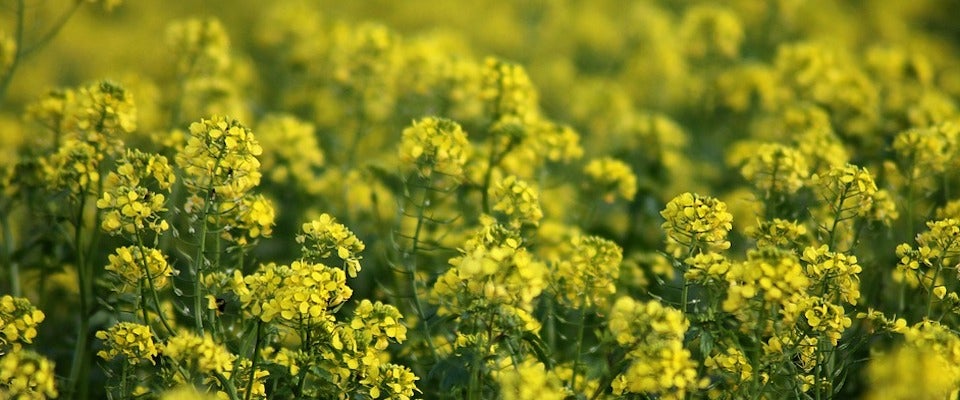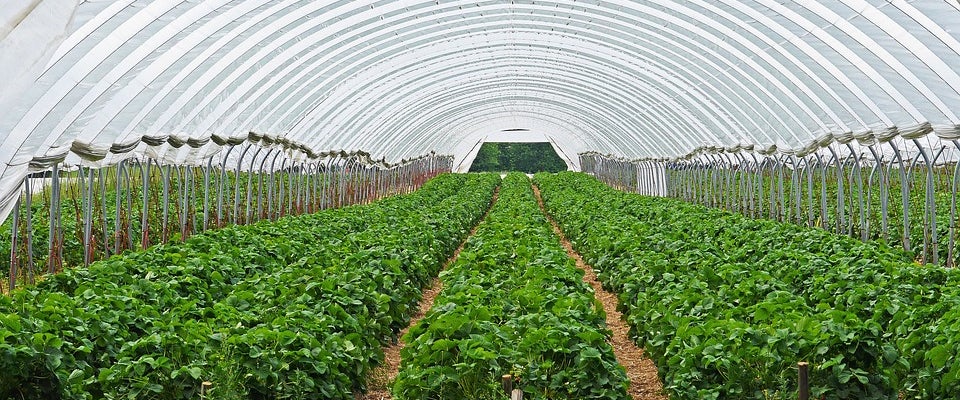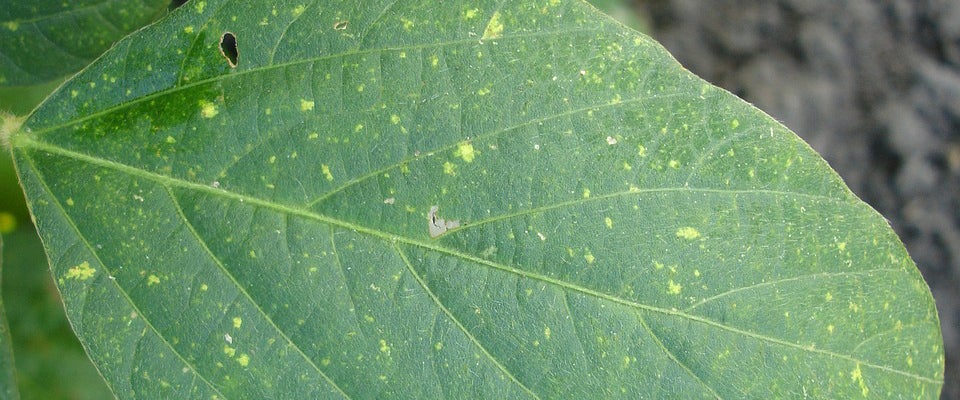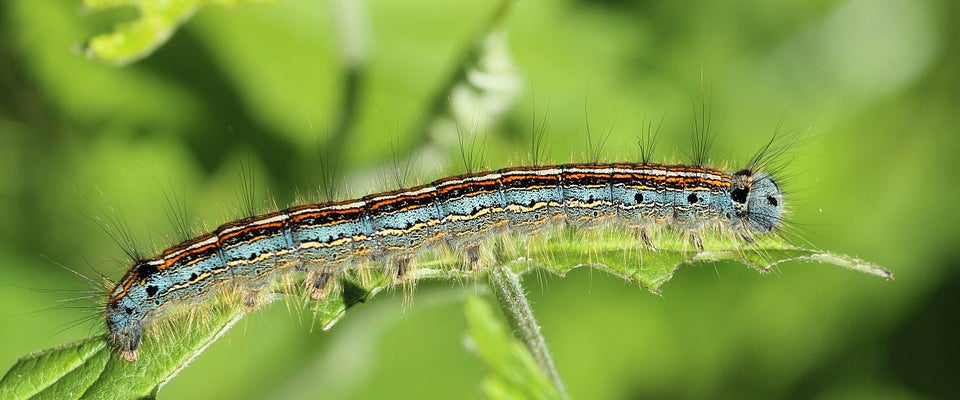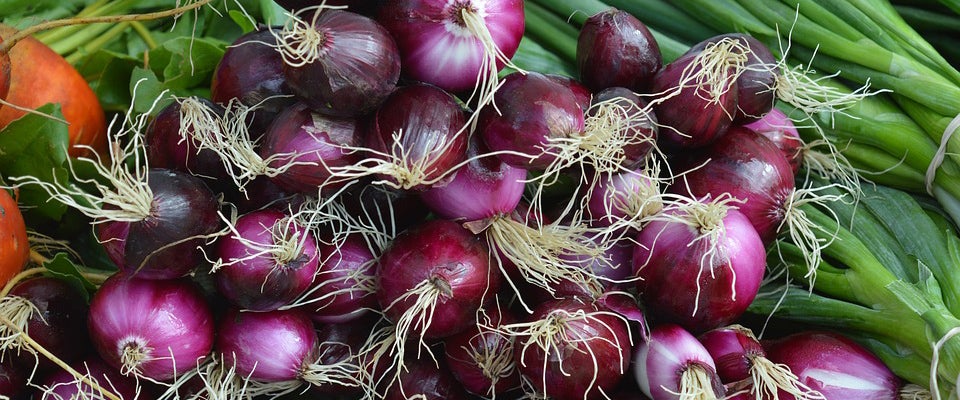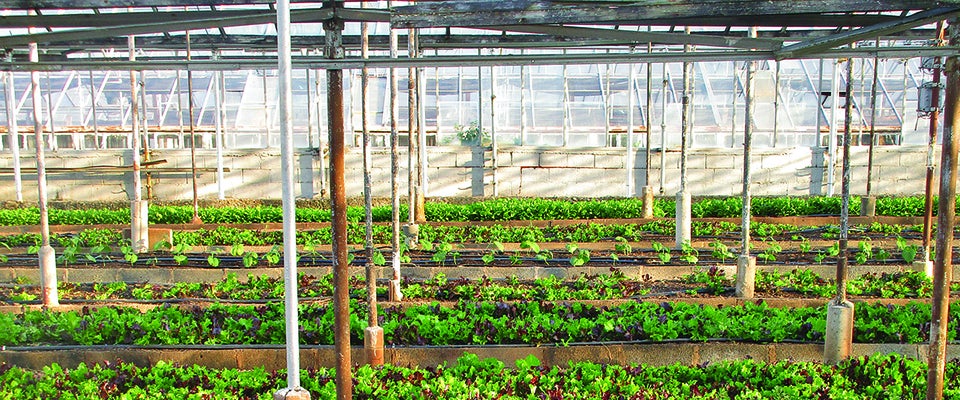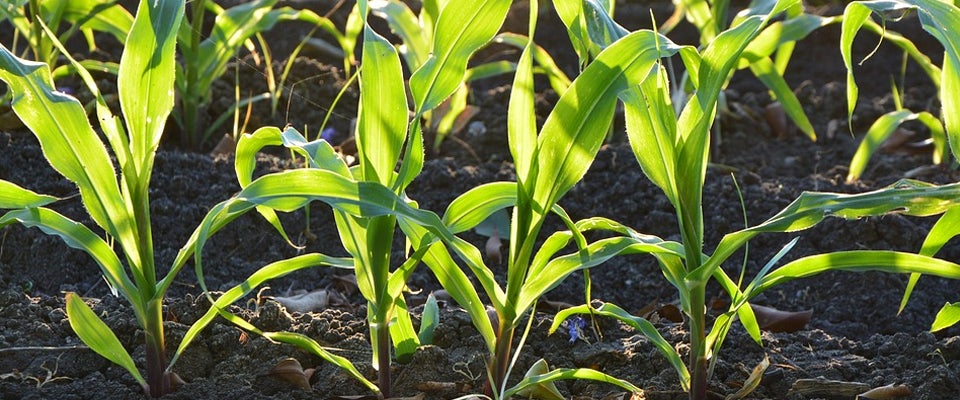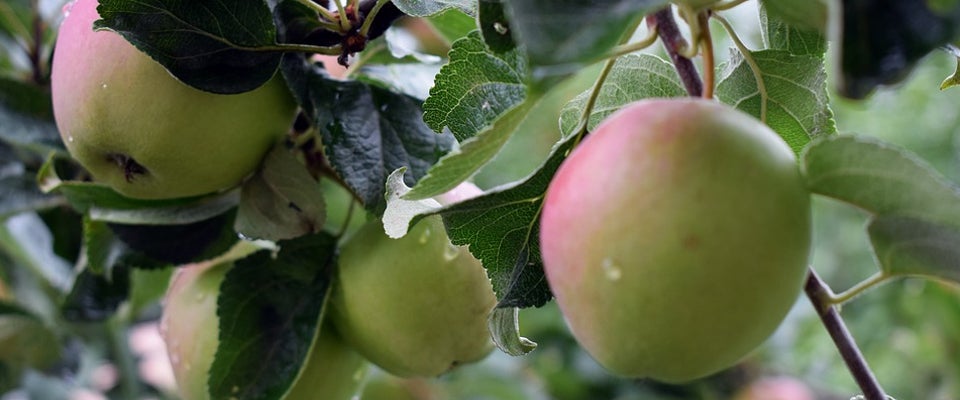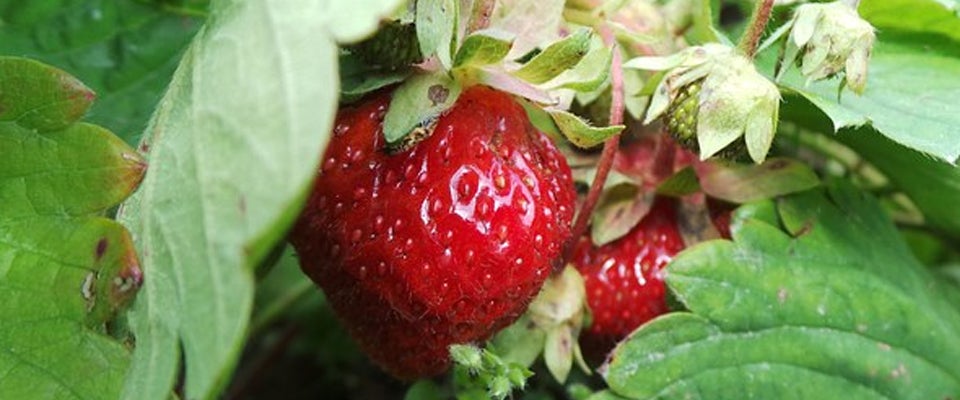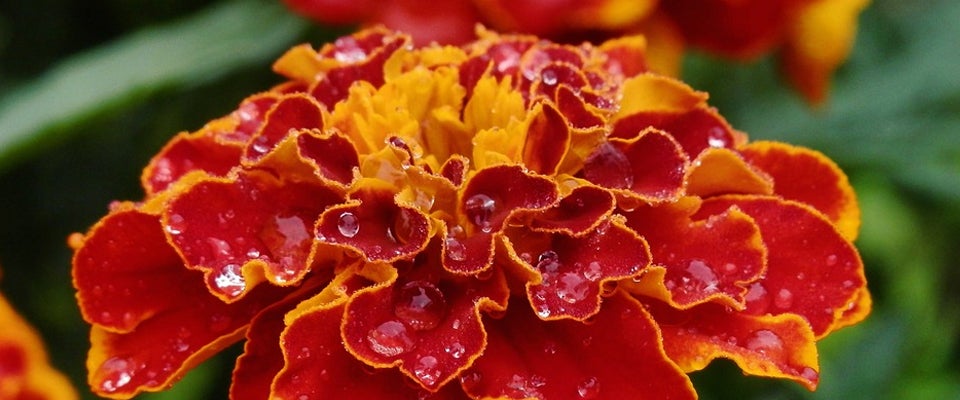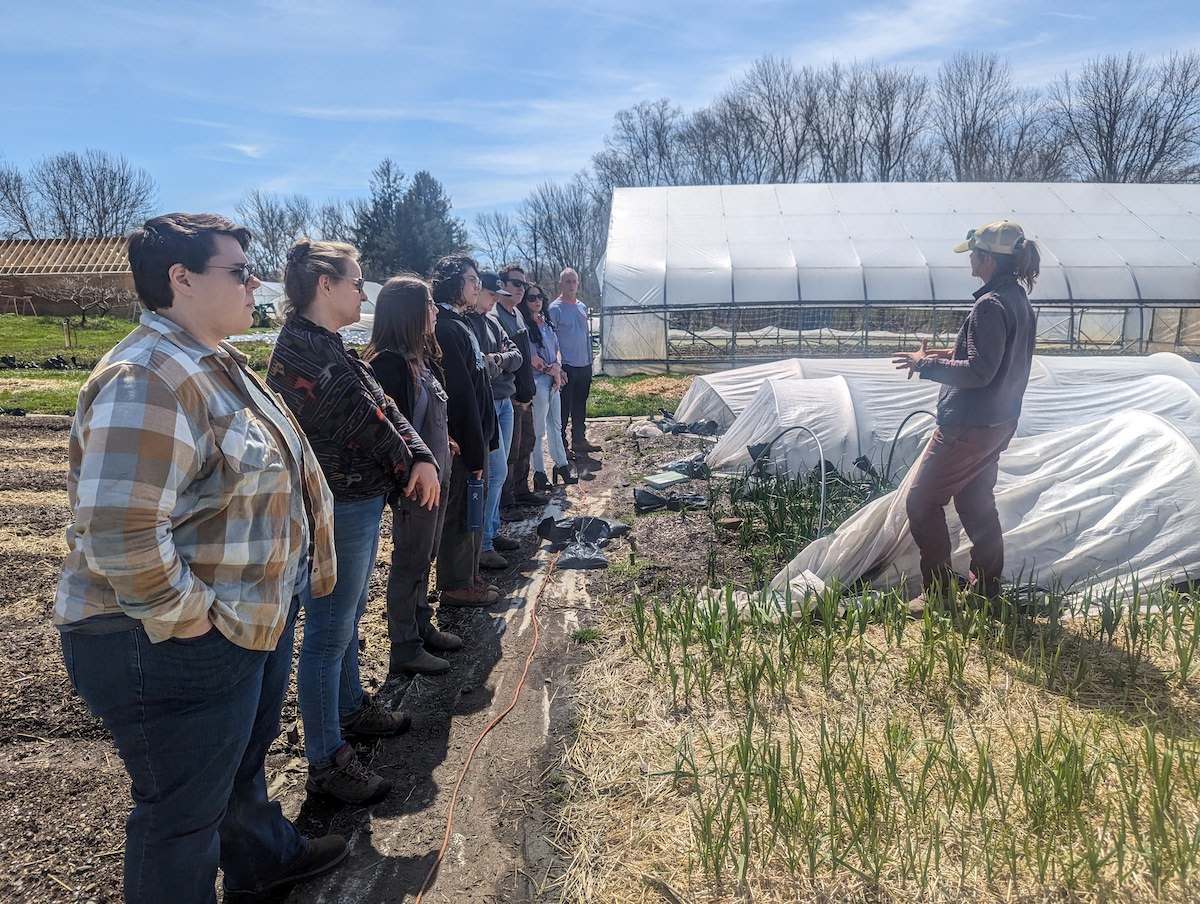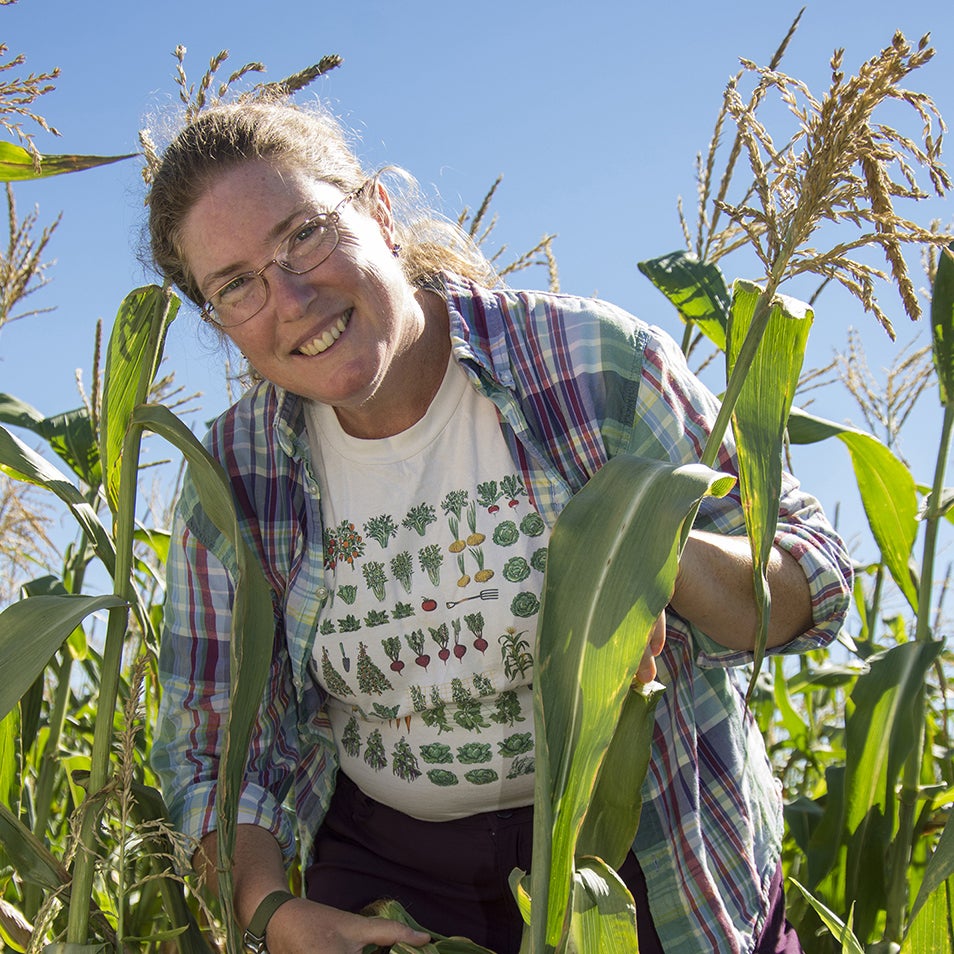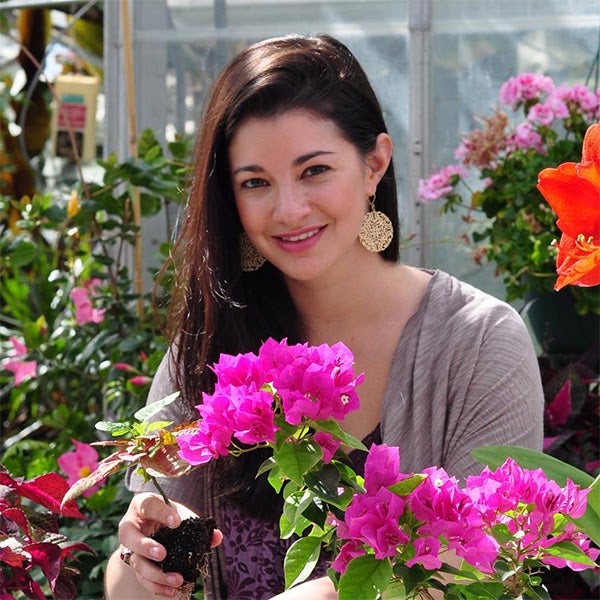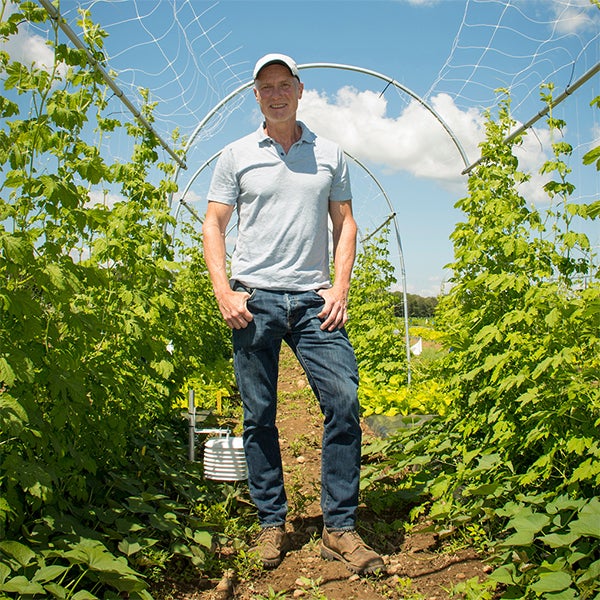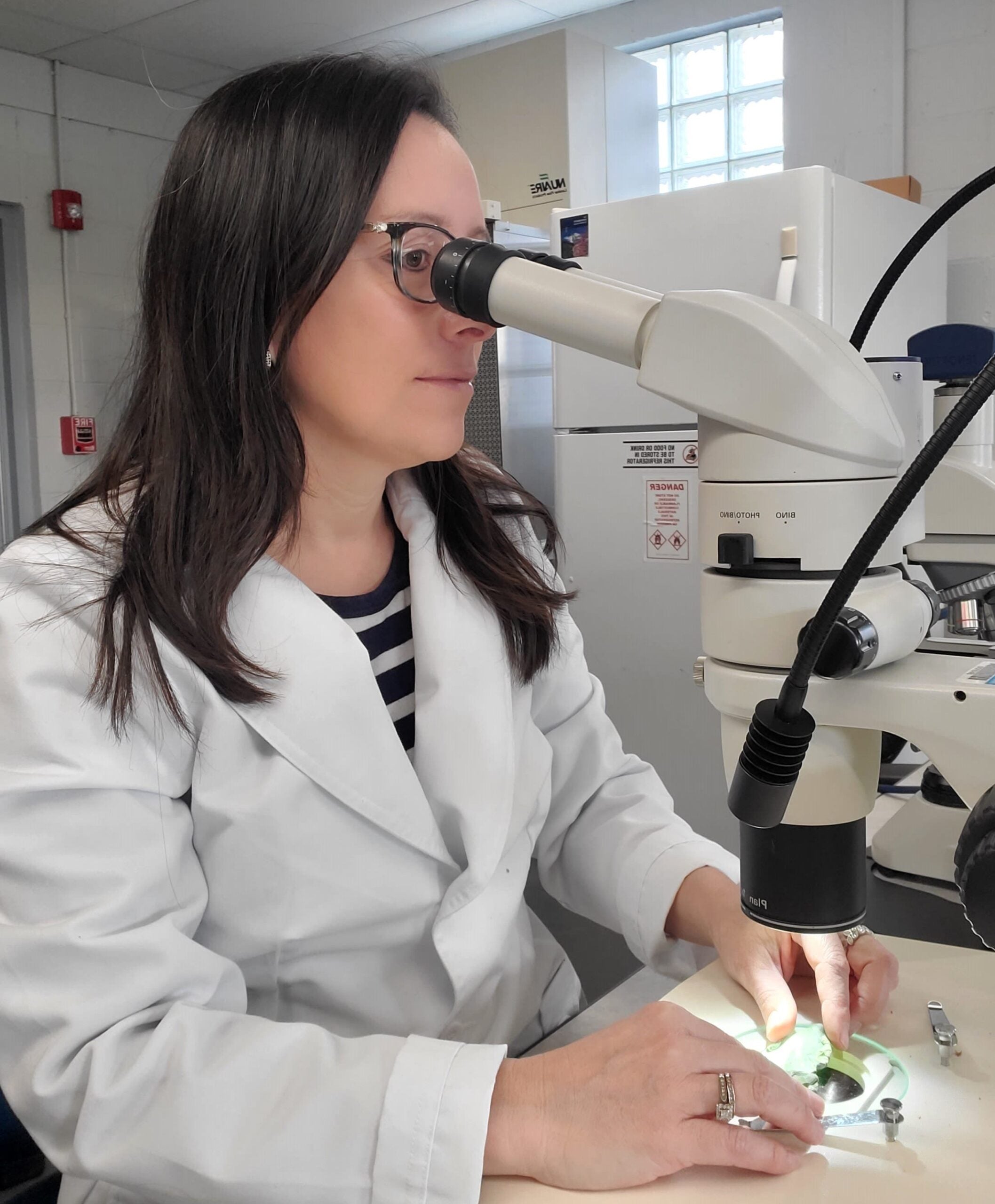The University of Rhode Island Vegetable Production Program addresses the needs of all vegetable producers in Rhode Island and surrounding communities. Whether it’s a one quarter acre operation or 400 acres, URI provides the most current science-based information in sustainable and profitable crop production practices to growers through site visits, newsletters, on-farm workshops and more. Our work spans research and Extension, with applied research conducted at the Gardner Crops Research Center (affectionately known as the URI Agronomy Farm) that is then translated for practical application through Cooperative Extension workshops and events.
Want to stay connected to timely agricultural updates, trainings, events and more?
Subscribe to get messages sent to your inbox directly from our agricultural specialists
Winter Agricultural Webinar Series
The Winter Agricultural Webinar Series featured experts from across the country to share their knowledge around topics of interest for commercial fruit and vegetable growers. Topics covered in 2025 include insect and disease management, applied soil science, and the use of on-farm data to inform decision-making. Watch now on the URI Cooperative Extension Youtube channel.
Resources For Growers
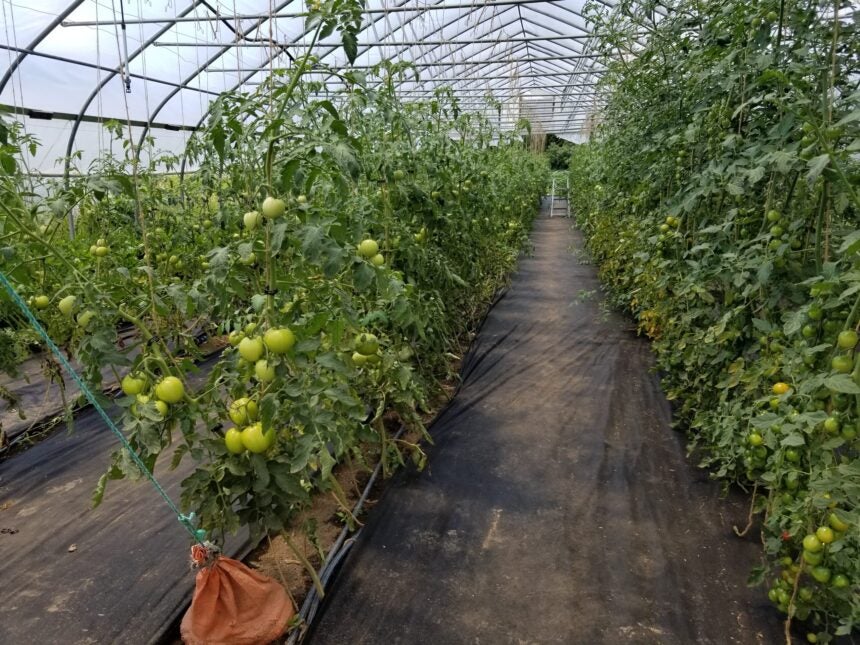
High Tunnel Tool
High tunnels reduce nutrient leaching from precipitation but they also alter the rate at which nutrients are released from soil organic matter, and irrigation can lead to nutrient leaching. The High Tunnel Soil Tool allows tomato growers to predict soil nitrogen levels and plant water uptake, and to optimize irrigation and soil amendment to meet plant needs while avoiding leaching. To learn how to use the tool read this information sheet and watch this video.
Access the high tunnel toolGrower + Industry Organizations
- RI Fruit Growers Association
- RI-Raised Livestock Association
- New England Farmers Union
- USDA-Rural Development Agency
- Young Farmers Network
- Rhode Island Farm Bureau
- RINLA
- Southside Community Land Trust (SCLT)
- RI association of conservation districts
- RI Farm Energy Program
- Division of Agriculture-RIDEM
- USDA-Natural Resource Conservation Service
- USDA-Farm Services Agency
- Farm Credit East
- RI Small Business Development Center
- RI Agricultural Council
- Farm Fresh RI
- RI Resource Conservation and Development Council
- NOFA Rhode Island
- NOFA Massachusetts
- NOFA Connecticut
New England-Wide Resources
University of Connecticut UConn-IPM, Greenhouse ProgramUniversity of Massachusetts Vegetable Program, Fruit Program, Greenhouse program
Annual Events
Soil and Plant Analysis Laboratories
- UConn Soil Nutrient Analysis Laboratory
- UMass Soil and Plant Nutrient Testing Laboratory
- UMaine Analytical Lab and Maine Soil Testing Service
- Agro-One, a division of Dairy One- Feed and Forage testing, field crops testing, soil testing
- URI Digital Commons Rhode Island Agricultural Experiment Station Reports, including vegetable variety trials
Contact
Program Facilitator, Boots to Bushels - Market Garden Training for New England
Community Engagement Coordinator, Produce Safety Educator
Cooperative Extension
Kathleen M. Mallon Outreach Center, 3 East Alumni Avenue, Kingston RI 02881
401.874.4453
sejal@uri.edu
Director/ Diagnostician, Plant Diagnostic Laboratory
401-874-2967
PlantLab@uri.edu || Keiddy@uri.edu
Assistant Professor in Controlled Environment Agriculture
401-874-4538
camilo.villouta@uri.edu
Agricultural Extension Agent
347-782-3132
david.weisberger@uri.edu



